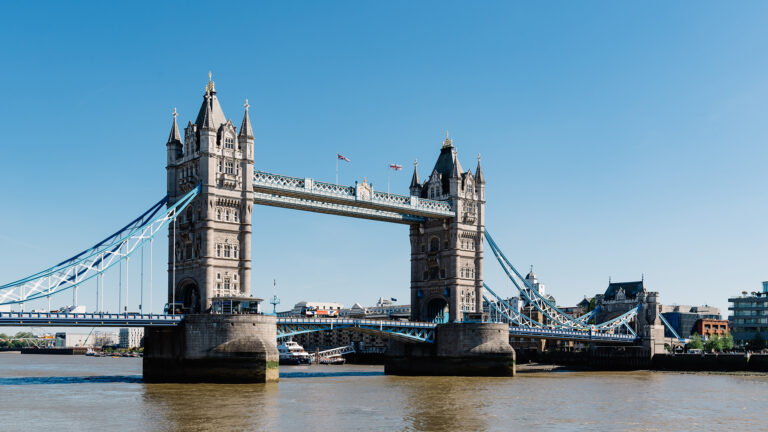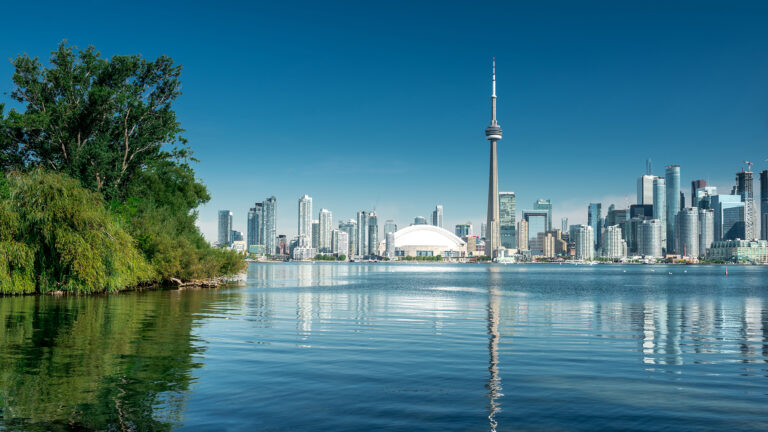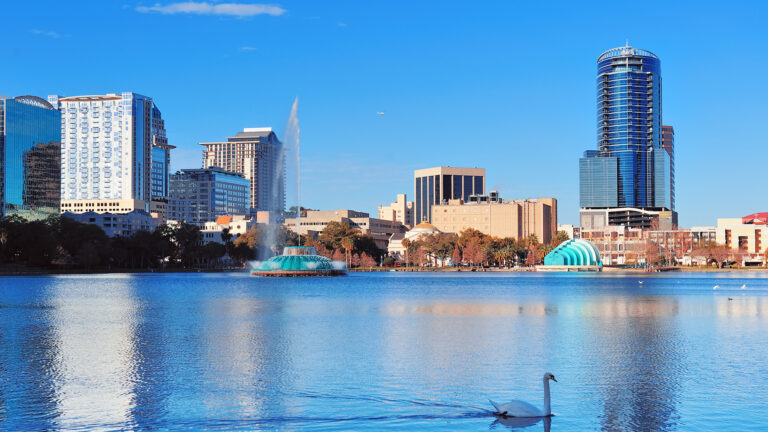Thames Water has hit a major stumbling block in its effort to avoid state intervention after U.S. private equity firm KKR withdrew from a £4 billion recapitalization plan, the company confirmed on Tuesday.
The embattled utility, grappling with £18 billion in debt, had hoped KKR would inject fresh capital to stabilize its finances and avert nationalization. The UK government has indicated it is prepared to step in temporarily should the company fail to secure the required funding to continue operations.
Speaking to LBC Radio, Environment Minister Steve Reed acknowledged the government was monitoring the situation closely, following news of KKR’s exit. The firm declined to comment on its decision to pull out.
Thames Water has been under intense public scrutiny amid anger over sewage spills and rising customer bills, which critics say have been prioritized over infrastructure investment. Regulators have increased pressure, issuing steep fines—though the company argues these penalties are making its turnaround efforts more difficult.
CEO Chris Weston recently warned that Thames would need regulatory leniency, including relief from up to £900 million in fines expected over five years, to attract new investors and avoid collapse.
The government has launched a review of the water sector led by former Bank of England Deputy Governor Jon Cunliffe, who on Tuesday emphasized the need for regulatory reform that balances accountability with support for struggling providers.
KKR’s decision came just days after Thames Water was hit with a £123 million fine for sewage-related failures, sending investor confidence into a tailspin. The company’s bonds dropped sharply, with the 2040 bond falling to 69p in the pound, and a 2027 euro bond slipping below 68 cents.
Chairman Adrian Montague called KKR’s exit, after two months of due diligence, “disappointing,” and confirmed the company is now in talks with senior creditors. These creditors—who already control the business following earlier write-offs—are reportedly working on an alternative plan that could include debt-for-equity swaps and additional capital.
Despite the setback, Minister Reed stressed that Thames remains operationally stable and reiterated the government’s readiness to intervene if necessary. Although Labour has promised to address the UK’s water pollution crisis, it has ruled out full renationalization in favor of reforms that could make the sector more attractive to long-term investors willing to accept modest returns.
Source: msn












